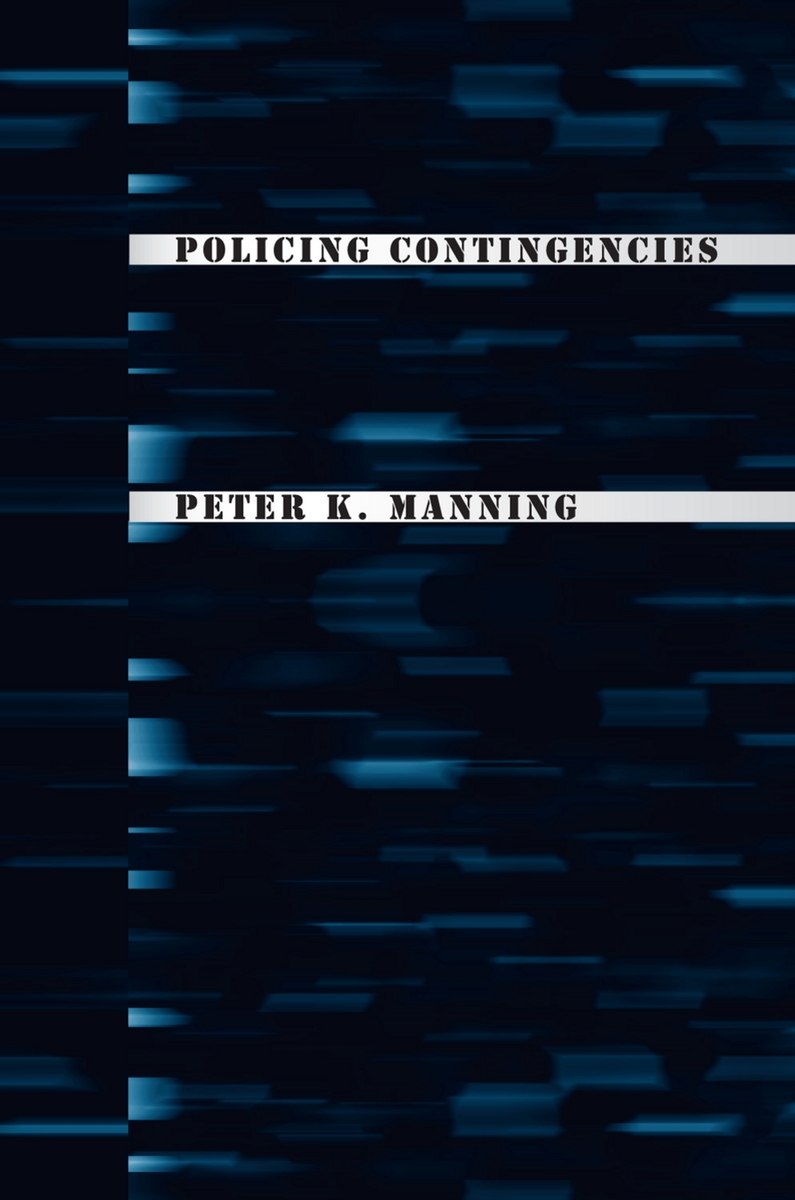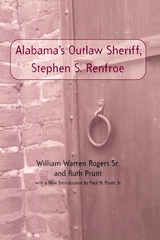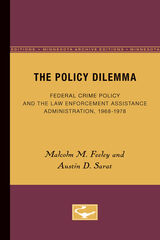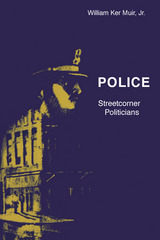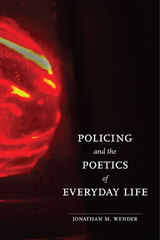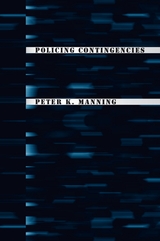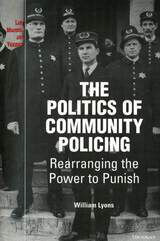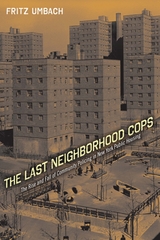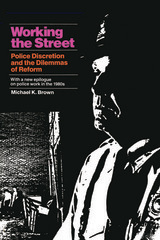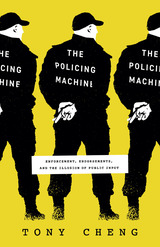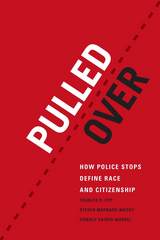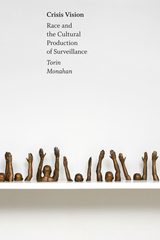Policing Contingencies
University of Chicago Press, 2003
eISBN: 978-0-226-50352-3 | Cloth: 978-0-226-50351-6
Library of Congress Classification HV7936.C79M356 2003
Dewey Decimal Classification 363.2
eISBN: 978-0-226-50352-3 | Cloth: 978-0-226-50351-6
Library of Congress Classification HV7936.C79M356 2003
Dewey Decimal Classification 363.2
ABOUT THIS BOOK | AUTHOR BIOGRAPHY | TOC | REQUEST ACCESSIBLE FILE
ABOUT THIS BOOK
Despite constant calls for reform, policing in the United States and Britain has changed little over the past thirty years. In Policing Contingencies, Peter K. Manning draws on decades of fieldwork to investigate how law enforcement works on the ground and in the symbolic realm, and why most efforts to reform the way police work have failed so far.
Manning begins by developing a model of policing as drama—a way of communicating various messages to the public in an effort to enforce moral boundaries. Unexpected outcomes, or contingencies, continually rewrite the plot of this drama, requiring officers to adjust accordingly. New information technologies, media scrutiny and representations, and community policing also play important roles, and Manning studies these influences in detail. He concludes that their impacts have been quite limited, because the basic structure of policing—officer assessments based on encounters during routine patrols—has remained unchanged. For policing to really change, Manning argues, its focus will need to shift to prevention.
Written with precision and judiciously argued, Policing Contingencies will be of value to scholars of sociology, criminology, information technology, and cultural theory.
Manning begins by developing a model of policing as drama—a way of communicating various messages to the public in an effort to enforce moral boundaries. Unexpected outcomes, or contingencies, continually rewrite the plot of this drama, requiring officers to adjust accordingly. New information technologies, media scrutiny and representations, and community policing also play important roles, and Manning studies these influences in detail. He concludes that their impacts have been quite limited, because the basic structure of policing—officer assessments based on encounters during routine patrols—has remained unchanged. For policing to really change, Manning argues, its focus will need to shift to prevention.
Written with precision and judiciously argued, Policing Contingencies will be of value to scholars of sociology, criminology, information technology, and cultural theory.
See other books on: Citizen participation | Great Britain | Manning, Peter K. | Police | Police administration
See other titles from University of Chicago Press
